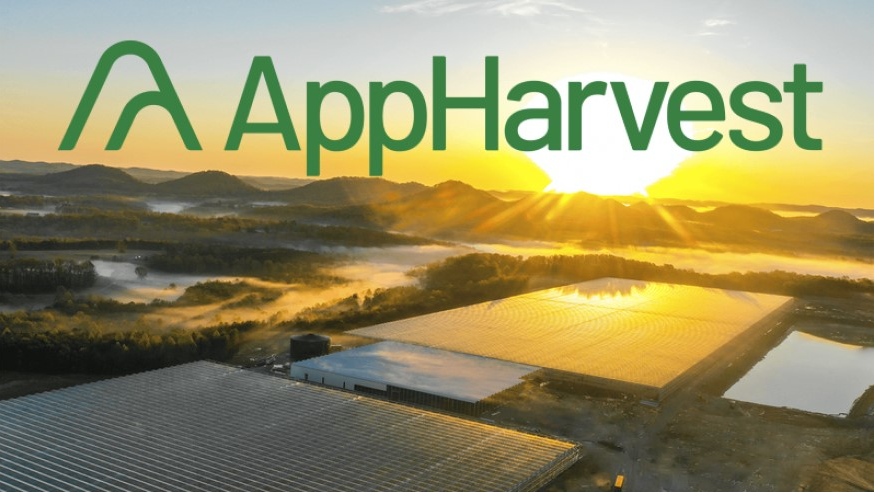
“As demonstrated with our Berea farm, there is an interest in sale-leasebacks on our facilities,” said Parman. Parman said the SEC-required accounting guideline doesn’t factor in capital-raising opportunities “such as sale-leasebacks or ATM options.” That said, AppHarvest’s quarterly filing notes that “financing may not be available to us in the necessary time frame, in amounts that we require, on terms that are acceptable to us, or at all.”īeing unable to raise funds when needed “may materially and adversely impact our ability to execute on our operating plans.”ĪppHarvest noted in the filing that these statements raise doubt about the company’s future. Those include (but aren’t limited to) third-party equity or debt financing as well as “other sources, such as strategic relationships and other transactions with third parties, that may or may not include business combination transactions.”

AppHarvest expects to harvest greens again in its Berea facility “within a few weeks.” ‘Additional financing alternatives’ĪppHarvest says in its filing that it needs to raise additional funds in order to continue to operate its business and that it is pursuing “additional financing alternatives.” Parman also said the company has robust safety protocols in place and that none of the shipped product from Berea was contaminated. Production at the Berea location stopped on April 17, according to the quarterly filing.ĪppHarvest head of communications Travis Parman told AFN over email that while there was a “temporary pause in production at Berea,” the company does not “expect it to have a material impact for the year, and we have reiterated our financial guidance.” Part of the pause includes changing equipment and processes “that we expect to make us more productive, and we expect to make up for the pause.” A sale-leaseback deal for the Berea salad greens facility with Mastronardi Produce, AppHarvest’s exclusive distribution partner, followed. In November 2022, the company first told investors it was running out of cash and would only be able to operate into the first quarter of 2023. At one point, the company aimed to have 12 farms up and running by 2025. It noted in the May 10 filing that it has “incurred losses from operations and generated negative cash flows from operating activities since inception.”ĪppHarvest operates a network of greenhouse facilities in Kentucky that grow tomatoes, leafy greens, cucumbers and strawberries.

According to the filing, the company will “continue to incur losses from operations and generate negative cash flows from operating activities.”ĪppHarvest’s struggles are well documented and have burdened the indoor farming company since shortly after it went public in February 2021 via a special purpose acquisition company (SPAC in 2021) at a $1 billion valuation.AppHarvest temporarily halted production at Berea in April due to the presence of Listeria monocytogenes, which can lead to serious health issues in humans.Among the factors impacting AppHarvest’s cash flow are higher expenses in Q1 2023, lower revenue from strawberries, increased capex, and lost revenues from replanting at its facility in Berea, Kentucky.The company received a Notice of Delisting from the Nasdaq stock exchange, on which it is listed, in April and has until Octoto regain compliance with the Nasdaq bid price requirement.US-based high-tech greenhouse grower AppHarvest could run out of money as soon as October of this year “absent additional sources of financing,” according to the indoor farming company’s quarterly regulatory report filed on May 10.Disclosure: AgFunder, AFN’s parent company, was an investor in indoor farming robotics company RootAI, which was acquired by AppHarvest in 2021


 0 kommentar(er)
0 kommentar(er)
